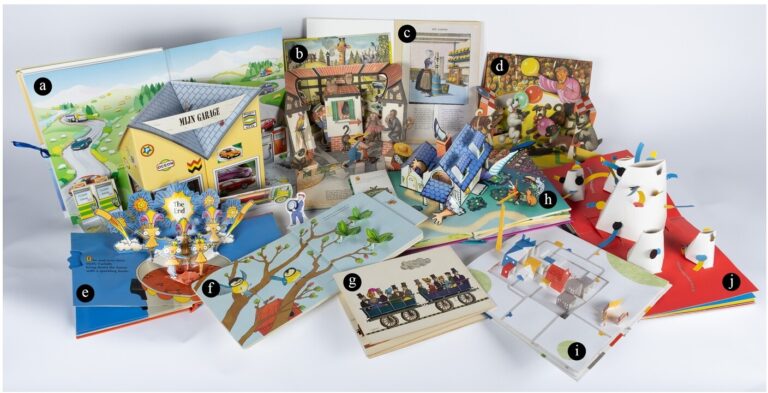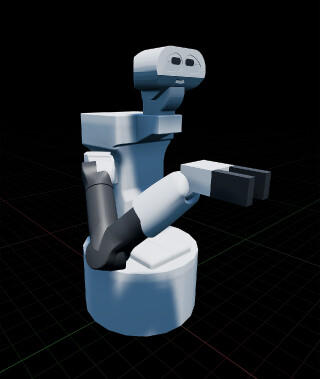Renovating the facade letters of the Faculty of Mechanical Engineering
As of January 1, 2024, the Faculty of Mechanical, Maritime and Materials Engineering (3mE) has changed its name to Mechanical Engineering, abbreviated ME. To fully implement this name change, the facade letters also needed to be renewed. The NewMedia Centre was asked to produce a short video to promote this change at the front of the faculty building.
The video was filmed over several weeks in coordination with the faculty’s communication staff and the contractors. Our cameraman even went up in the bucket high above the water to film the letters up close!
VR tech: John Doe
3D modeling: John Doe
Director: John Doe
Camera: John Doe
other credits: Whatever





